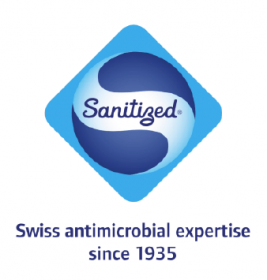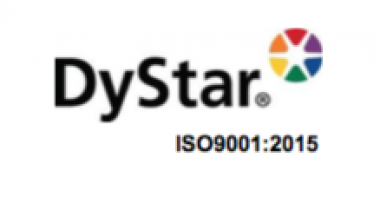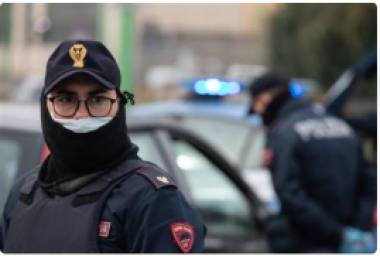SANITIZED AG aids measures to promote hygiene management during the coronavirus pandemic
- Antiviral properties of Sanitized® products on synthetics validated
Tests conducted by independent laboratories have now confirmed that a treatment with Sanitized® T 99-19 and Sanitized® T 11-15 reduces the viral load on PES textiles by
up to 99 %.
Swiss company SANITIZED AG announces the validation from impartial labs that Sanitized®T 99-19 and Sanitized®T 11-15 are also effective against viruses (in accordance with ISO 18184:2019). Tests were performed using a feline coronavirus with structures and mechanisms reminiscent of SARS-Cov2. Patented technology featuring an ammonium silicate compound is employed in Sanitized®T 99-19 and Sanitized®T 11-15 utilizes tried and tested silver technology.
These additives are the perfect tool for an antiviral and antibacterial treatment of face masks, protective professional medical clothing, bed linens, or mattresses. The formulation of both products remains completely untouched, thus ensuring that it will continue to offer outstanding protection against bacteria.
Before a final product’s antiviral properties can be publicly promoted, viral tests must be performed in specialized laboratories. Compliance with local legal regulations is essential here. SANITIZED AG explicitly points out that this is standard procedure and has composed a preliminary Guide for Treating PPE (personal protective equipment) with biocide products.
Guide Link: https://campaign.sanitized.com/en/treatment-of-ppe-with-biocidal-products
Coronavirus
PR-Büro Heinhöfer













